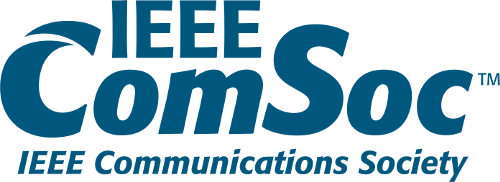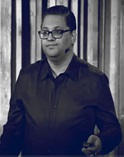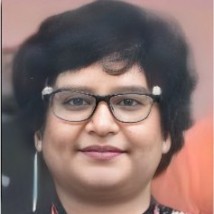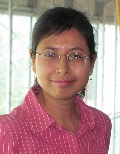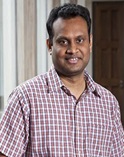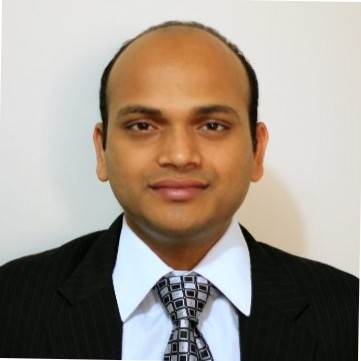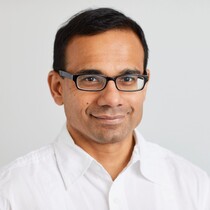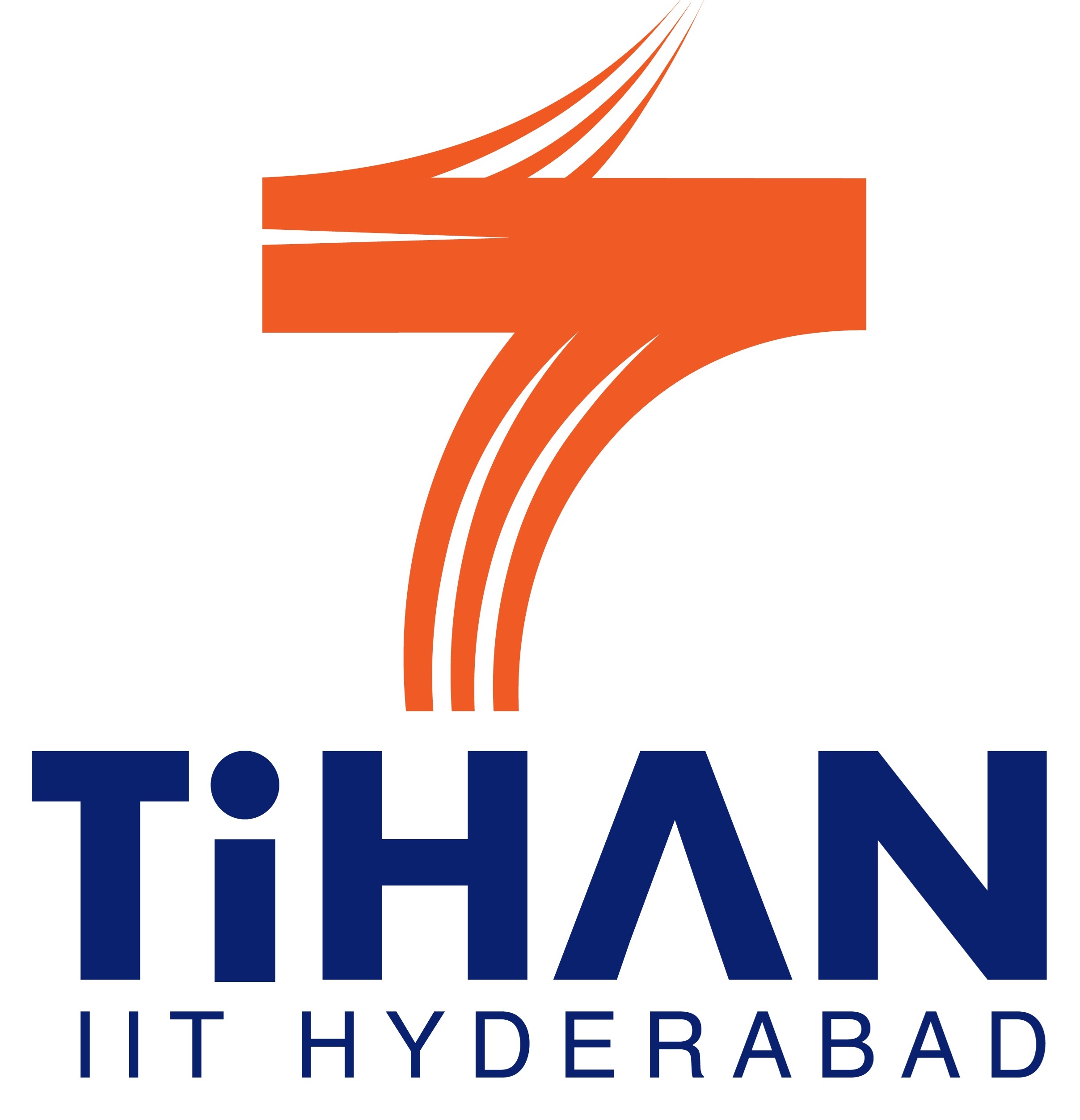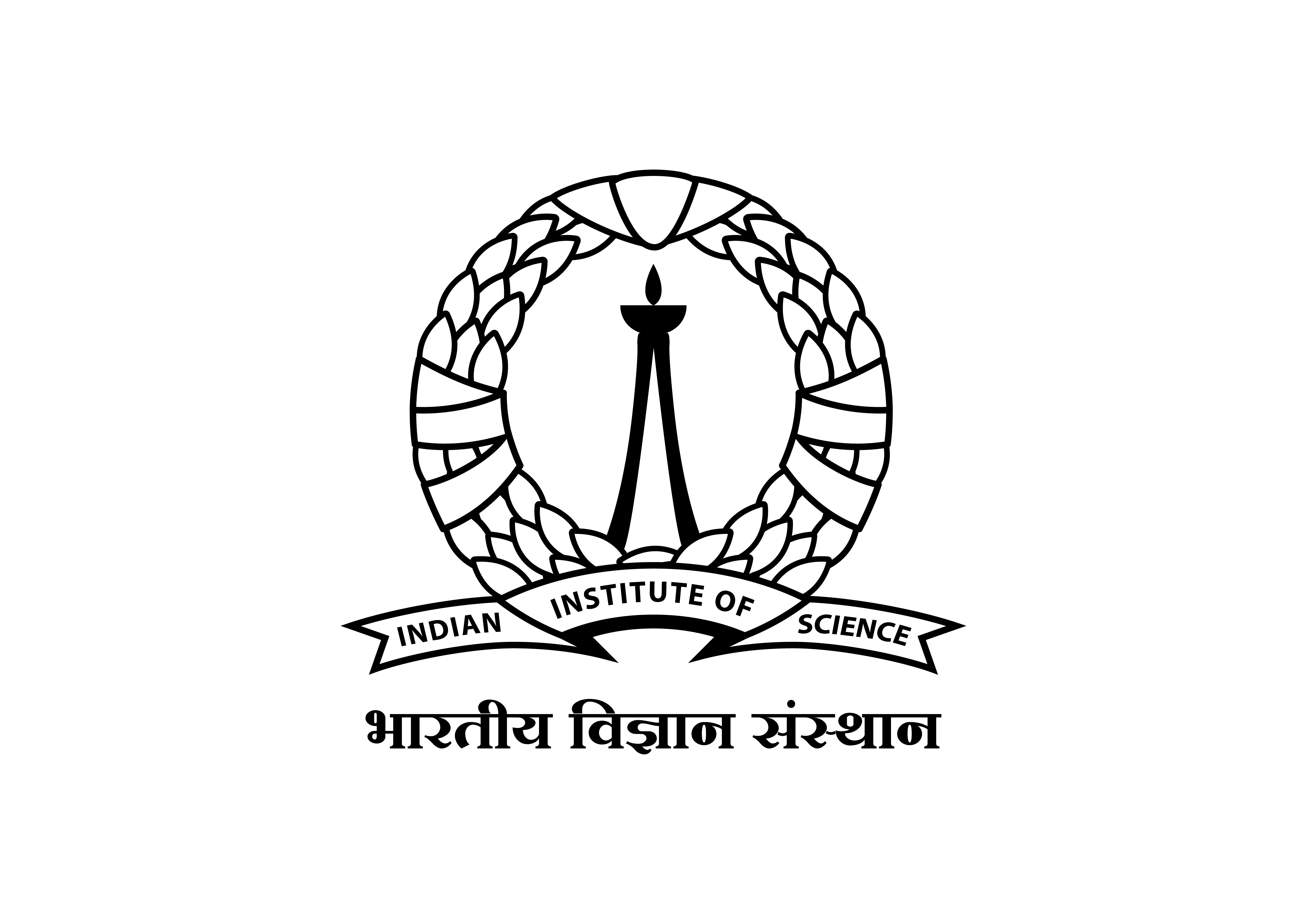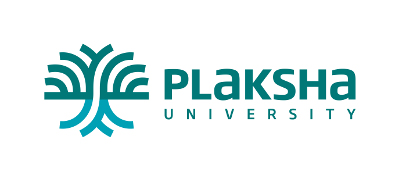Cyber Security and Privacy Workshop
Event Date: Wedesday, 3 January 2024
Schedule
| Wedesday, 3 January 2024 | ||
| Venue: Esquire (Basement) | ||
| Time | Title | Speaker/Authors |
| 09:30-09:45 | Welcome by Workshop Chairs | |
| 09:45 - 10:30 | Keynote Talk 1 | Tulika Pandey, Ministry of Electronics & Information Technology, Government of India |
| 10:30 - 10:45 | Hybrid Multi-Task Deep Learning for Improved IoT Network Intrusion Detection: Exploring Different CNN Structures | Huiyao Dong (ITMO University, Russia); Igor Kotenko (SPIIRAS & St. Petersburg National Research University of Information Technologies, Mechanics and Optics, Russia) |
| 10:45 - 11:00 | Empowering SMPC: Bridging the Gap Between Scalability, Memory Efficiency and Privacy in Neural Network Inference | Ramya Burra (Indian Institute of Science, India); Anshoo Tandon (IUDX Program Unit, SID, IISc, India); Srishti Mittal (IUDX Program Unit SID IISc, India) |
| 11:00-11:30 | Tea break | |
| 11:30 - 12:00 | Invited Talk 1: Cybercrime investigation model | Maxim Gorda (St. Petersburg Federal Research Center of Russian Academy of Sciences, Russia); Andrey Chechulin (St. Petersburg Federal Research Center of Russian Academy of Sciences (SPC RAS), Russia) |
| 12:00 - 12:15 | A Penalty-Based Entropy Driven Universal Password Strength for Lightweight Devices | Harika Lingamsetty, Sri Nitya N Surya, Bala Mani Teja Maridi and Odelu Vanga (Indian Institute of Information Technology Sri City, India); Srijanee Mookherji (Indian Institute of Information Technology Sricity, India); KG Raghavendra Narayan (Indian Institute of Information Technology Sri City, India); R. Rajendra Prasath (Indian Institute of Information Technology, Sri City, India); Goutham Reddy Alavalapati (Fontbonne University, USA) |
| 12:15 - 12:30 | MediHunt: A Network Forensics Framework for Medical IoT Devices | Ayushi Mishra (Indian Institute of Technology, Kanpur, India) |
| 12:30-12:45 | Backdoor Attacks and Generative Model Fairness: Current Trends and Future Research Directions | Ryan Holland, Shantanu Pal and Lei Pan (Deakin University, Australia); Leo Yu Zhang (Griffith University & Deakin University, Australia) |
| 12:45- 13:00 | Security and Service Vulnerabilities with HTTP/3 | Hari Hara Sudhan S (Indian Institute of Technology Gandhinagar, India); Sameer G Kulkarni (Indian Institute of Technology, Gandhinagar, India) |
| 13:00 - 14:00 | Lunch Break | |
| 14:00 - 14:45 | Keynote Talk 2 | Supratik Mukhopadhyay, Louisiana State University, USA |
| 14:45 - 15:00 | A Systematic Study for Understanding the Security Risks in 5G Core Network | Unnati Dixit, Shwetha Vittal and Antony Franklin A (Indian Institute of Technology Hyderabad, India) |
| 15:00 - 15:30 | Inivted Talk 2: Selection of Machine Learning Methods for Keylogger Detection based on Network Activity | Dmitry Levshun and Diana Levshun (SPC RAS, Russia) |
| 15:30 - 16:00 | Tea break | |
| 16:00 - 16:15 | Simulating cyber-attack scenarios by discovering Petri-Nets from large-scale event logs | Rajesh Kumar (Birla Institute of Technology and Science, Pilani, India); Vedant Thakkar, Mohit Dilip Makwana and Debanshu Das (Birla Institute of Technology and Science, India) |
| 16:15 - 16:30 | Generation of Believable Fake Logic Circuits for Cyber Deception | Nilin Prabhaker (National Institute of Technology Tiruchirappalli, India); Ghanshyam S Bopche (National Institute of Technology, Tiruchirappalli - India, India); Michael Arock (National Institute of Technology, India); Abhijit Mishra (National Institute of Technology Tiruchirappalli, India) |
| 16:30 - 17:20 | Panel on Security and Privacy in Beyond 5G Cellular Systems | Panelists: Sushmita Ruj (UNSW Sydney, Australia), Balaji Palanisamy (University of Pittsburg, USA), TBD |
| 17:20 - 17:30 | Closing and Best Paper | |
Accepted Papers
- Empowering SMPC: Bridging the Gap Between Scalability, Memory Efficiency and Privacy in Neural Network Inference
Ramya Burra (Indian Institute of Science, India); Anshoo Tandon (IUDX Program Unit, SID, IISc, India); Srishti Mittal (IUDX Program Unit SID IISc, India) - Hybrid Multi-Task Deep Learning for Improved IoT Network Intrusion Detection: Exploring Different CNN Structures
Huiyao Dong (ITMO University, Russia); Igor Kotenko (SPIIRAS & St. Petersburg National Research University of Information Technologies, Mechanics and Optics, Russia) - MediHunt: A Network Forensics Framework for Medical IoT Devices
Ayushi Mishra (Indian Institute of Technology, Kanpur, India) - Generation of Believable Fake Logic Circuits for Cyber Deception
Nilin Prabhaker (National Institute of Technology Tiruchirappalli, India); Ghanshyam S Bopche (National Institute of Technology, Tiruchirappalli - India, India); Michael Arock (National Institute of Technology, India); Abhijit Mishra (National Institute of Technology Tiruchirappalli, India) - Selection of Machine Learning Methods for Keylogger Detection based on Network Activity
Dmitry Levshun and Diana Levshun (St. Petersburg Federal Research Center of the Russian Academy of Sciences, Russia) - A Penalty-Based Entropy Driven Universal Password Strength for Lightweight Devices
Harika Lingamsetty, Sri Nitya N Surya, Bala Mani Teja Maridi and Odelu Vanga (Indian Institute of Information Technology Sri City, India); Srijanee Mookherji (Indian Institute of Information Technology Sricity, India); KG Raghavendra Narayan (Indian Institute of Information Technology Sri City, India); R. Rajendra Prasath (Indian Institute of Information Technology, Sri City, India); Goutham Reddy Alavalapati (Fontbonne University, USA) - Backdoor Attacks and Generative Model Fairness: Current Trends and Future Research Directions
Ryan Holland, Shantanu Pal and Lei Pan (Deakin University, Australia); Leo Yu Zhang (Griffith University & Deakin University, Australia) - Cybercrime investigation model
Maxim Gorda (St. Petersburg Federal Research Center of Russian Academy of Sciences, Russia); Andrey Chechulin (St. Petersburg Federal Research Center of Russian Academy of Sciences (SPC RAS), Russia) - A Systematic Study for Understanding the Security Risks in 5G Core Network
Unnati Dixit, Shwetha Vittal and Antony Franklin A (Indian Institute of Technology Hyderabad, India) - Simulating cyber-attack scenarios by discovering Petri-Nets from large-scale event logs
Rajesh Kumar (Birla Institute of Technology and Science, Pilani, India); Vedant Thakkar, Mohit Dilip Makwana and Debanshu Das (Birla Institute of Technology and Science, India) - Security and Service vulnerabilities with HTTP/3
Hari Hara Sudhan S (Indian Institute of Technology Gandhinagar, India); Sameer G Kulkarni (Indian Institute of Technology, Gandhinagar, India)
Call for Papers
Important Dates
| Paper Submission deadline: |
| Notification of Acceptance: 3rd December 2023 |
| Camera-ready Submission: 10th December 2023 |
| Workshop Date:: 3rd January 2024 |
Paper submission link: https://edas.info/N31562
The Cyber Security and Privacy (CSP) Workshop will be held in conjunction with the annual COMSNETS conference on January 3, 2024. This workshop is intended to be a forum where researchers can meet and discuss the latest in cyber security and privacy topics as they apply to communications systems. Security and Privacy researchers and professionals from government, industry and academia are invited to propose and present original work in the following topics (or related areas):
- Authentication, authorization, and accounting
- Information Security protocols and architectures
- Security in wired, mobile and wireless communications
- Security in grid/cloud/pervasive computing
- Network Intrusion Detection and Prevention, firewalls, packet filters
- Public Key Infrastructures, key management, credential management
- Network and internet forensics techniques
- Secure routing and security management
- Malware, botnets, etc.
- Embedded system security
- Security in parallel and distributed systems
- Blockchain and distributed ledger technologies
- Security and privacy policies
- Anonymous communication and censorship resistance
- Security and privacy for e-commerce/m-commerce
- Security and privacy in social networks
- ML/AI security and privacy
- Internet of Things (IoT) security and privacy
- Mobile devices security and privacy
- Web security and privacy
- Impact of quantum computing on security and privacy
Researchers are invited to submit papers based on original work in these and other topics related to cyber security and privacy.
Submission Guidelines
- The Cyber Security and Privacy Workshop invites submission of original work, not previously published, or under review at another conference or journal.
- Submissions (including title, author list, abstract, all figures, tables, and references) should not exceed 6 pages in length. A minimum number of 3 pages are required.
- Reviews will be double-blind: authors name and affiliation should not be included in the submission.
- Submissions must follow the formatting guidelines as given on IEEE Website; and those that do not meet the size and formatting requirements will not be reviewed.
- All papers must be in Adobe Portable Document Format (PDF) and submitted on EDAS using the aforementioned submission link.
- All workshop papers (full papers - both regular and invited) will appear in conference proceedings and submitted to IEEE Xplore as well as other Abstracting and Indexing (A&I) databases.
Keynote speaker
Supratik Mukhopadhyay
Professor at the Center for Computation & Technology, LSUVisit Homepage
Supratik Mukhopadhyay is full Professor at the Center for Computation & Technology Louisiana State University (LSU) and a Data Science Fellow at the LSU Office of Data and Strategy. Prof. Mukhopadhyay led the DeepDrug team (DeepDrug (lsu.edu)) for automated drug discovery using Artificial Intelligence to the semifinals of AI XPRIZE (among 147 teams worldwide), the world’s top competition for using AI for solving moonshot challenges (DeepDrug | AI XPRIZE). Combination therapy discovered by the DeepDrug Artificial Intelligence Platform for COVID-19 underwent human studies at the Riverside University Health System, California (Riverside University Health System Medical Center, Skymount Medical Begin U.S. Clinical Trial for COVID-19 Oral Therapeutics Discovered Using Artificial Intelligence | County of Riverside (rivco.org)) It has also been approved for human trials by MHRA in the United Kingdom (Skymount Medical Receives UK MHRA Approval to Test New (globenewswire.com)). Apart from Drug Discovery, Prof. Mukhopadhyay has worked on AI for education, port and supply chain security, satellite image understanding, video and image analytics, design of intelligent buildings and transportation systems, wildfire prediction and detection, conservation of endangered species, intelligent cyber-physical-human systems, etc. His DeepSat framework for satellite imagery understanding forms the basis of NASA Earth Exchange (NEX) (see DeepSAT: A Deep Learning Approach to Tree-Cover Delineation in 1-m NAIP Imagery for the Continental United States - NASA Technical Reports Server (NTRS)). In the last 14 years, Prof. Mukhopadhyay has received more than $9 million in research grants. His research research has been funded by the NSF, DARPA, ARO, ONR, NGA, NASA, DOE, USDOT, NRL, state agencies, and private industry. Prof. Mukhopadhyay has published around 125 refereed publications in reputed journals and conferences. He has been awarded 4 US Patents and has 8 US patents pending. He has received numerous awards for his research. He cofounded a startup Ailectric for commercializing his research on sound, video, and image analytics (Ailectric | Home | Artificial Intelligence | Deep Learning). He serves as an associate editor for IEEE Transactions on Artificial Intelligence and Remote Sensing letters and has served in the program committees of AAAI. Professor Mukhopadhyay serves as a member of the Multidisciplinary Expert Group of the Innovation Facility, United Nations Environmental Program..
Tulika Pandey
Scientist 'G' Senior Director, Ministry of Electronics & Information Technology, Government of IndiaVisit Homepage
Ms. Tulika Pandey, Director, National eGovernance Division, Ministry of Electronics & Information Technology, Government of India, is an Electronics and Communications Engineer, working with the Government of India since 1992. She has been involved in implementation strategy and action plan formulations for wider reach of ICT facilitated benefits; Integration of appropriate technology interfaces between human and cyber world; Steering of Research and Development projects for development of contextual ICT technology, tool, applications and content. She has traversed through the path of Microelectronics development, E-Learning, Technology Development for Indian Languages, Digital Libraries, E-Infrastructure, Internet Governance and Convergence, Communications & Broadband Technologies. She has been harnessing the technologies of Internet of Things (IoT), IPv6 and convergence of Cognitive Radio Frequency with Internet for enhancing ubiquitous technology interventions in human life with minimal trespassing of security and privacy in her 26 year stint with the Government of India. Ms Pandey’s current pursuit is addressing the Security postures of the Digital Payment Ecosystem in India and on global discussions on issues of Cyber4Digital Inclusion, Cyber4Growth, Cyber Security and Cyber Diplomacy.
Invited Speakers
Andrey Chechulin
Head of the International Digital Forensics Centre, SPC RAS, St. Petersburg, RussiaVisit Homepage
Andrey Chechulin is a PhD in Engineering (2013, SPIIRAS, Russia) and is an Associate Professor (2021, SPbSUT, Russia). Currently, he is the Head of the International Digital Forensic Center for Digital Forensics and a leading researcher at the Laboratory of Computer Security Problems of the SPC RAS (Saint-Petersburg, Russia). He is also an associate professor at SPbSUT and ITMO Universities. He has been an invited professor at universities in France, Sweden and Russia. He was a scientific advisor of master and PhD students in Russia, Sweden and France. He is the author of over 200 peer-reviewed publications (Hirsch index in Russian Science Citation Index is 27, Scopus - 15, Google Scholar - 27), including 10 publications in Q1 journals and 6 patents. As a project leader, he has participated in over 15 Russian and international scientific projects for the RSF, RFBR, FSI, EU Tempus and other funds and commercial companies in Russia and abroad. As a security expert, he has conducted more than 200 expert assessments both in the practical field of cybercrime investigation and court cases and in the academic field, serving as a reviewer for leading international journals, conferences, and research funds. As a science communicator, he regularly appears on various regional and federal media broadcasts and delivers public lectures on information security. His main research interests include computer network security, artificial intelligence, digital forensics, cyber-physical systems, social network analysis, and security data visualization.
Dmitry Levshun
Senior Researcher, SPC RAS, St. Petersburg, RussiaVisit Homepage
Dmitry Levshun, PhD in Computer Science and Cand. of Tech. Sc., Senior Researcher at the Laboratory of Computer Security Problems of SPC RAS (St. Petersburg, Russia). Associate professor at leading universities in St. Petersburg, namely, SPbSUT and EUSPb. Graduated with honours from ETU LETI (St. Petersburg, Russia) in 2017. Received his Cand. of Sc. degree in 2021 in ITMO University (St. Petersburg, Russia) and PhD degree in University of Paul Sabatier (Toulouse, France). Main publications are related to the areas of Information Security, Security by Design, Internet of Things, Cyber-Physical Systems, Artificial Intelligence and Malicious Activity Modelling.
Program Committee
- Aditya Ahuja ,TCS Research, India
- Albert Levi , Sabanci University, Turkey
- Hitesh Tewari , Trinity College Dublin, Ireland
- Dr. Dmitry Levshun , Senior Researcher, SPC RAS, St. Petersburg, Russia
- Hung Nguyen , University of Adelaide, Australia
- Kanchi Gopinath , Plaksha University, India
- Madhusanka Liyanage , University College Dublin, Ireland
- Maniack Mondal , IIT Kharagpur, India
- Mridula Singh , CISPA, Germany
- Ouns Bouachir , Zayeed Univeristy, UAE
- Praveen Gauravaram , TCS Research, Australia
- Rahat Masood , UNSW Sydney, Australia
- Roopa Vishwanathan , New Mexico State University, USA
- Shantanu Pal , Deakin University, Australia
- Shuiqiao Yang , CSIRO, Australia
- Sitaram Chamarty , TCS Research, India
- Somitra Sanadhya , IIT Jodhpur
- Sushmita Ruj , UNSW Sydney, Australia
- Vishwas Patil , IIT Bombay, India.
- Zubair Baig ,Deakin University, Australia
Workshop Co-Chairs

Vireshwar Kumar
Indian Institute of Technology
Delhi, India
Salil Kanhere
University of New South Wales
Australia




